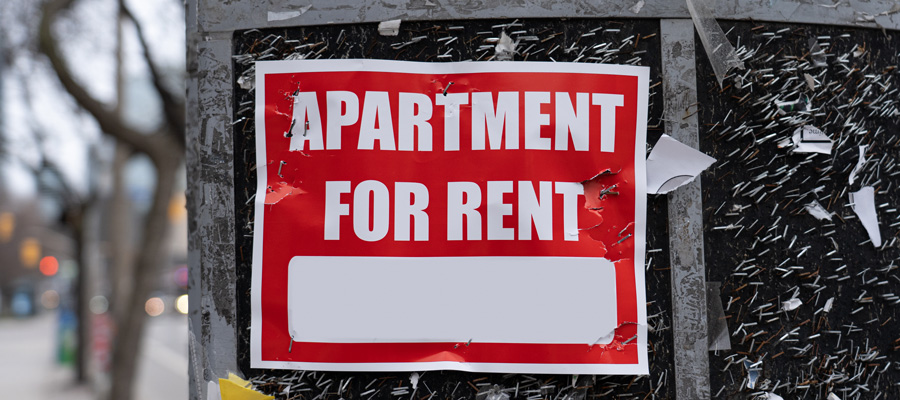The rising cost of living in BC: What’s going on and how should we respond?

The cost of living is going up and is putting strains on household finances. BC’s headline inflation rate hit 6.7% in April, measured by the Consumer Price Index (CPI).
Most of the policy response to rising inflation has emphasized the Bank of Canada raising interest rates to cool down the economy. However, much of the inflation we are seeing is externally driven, due to supply chain impacts of war, COVID and natural disasters. Higher gas and food prices won’t go away just because the Bank of Canada raises overnight interest rates somewhat.
Nor is the domestic economy overheated. Nationally, research from the CCPA’s David Macdonald found that two-thirds of workers have had wage increases that have not kept up with inflation. Unemployment rates in BC and nationally are consistent with levels between 2017 to 2019.
Breaking down the recent spike in the CPI, three areas stand out: transportation, housing and food.
Transportation costs are up 9.5% over the past year, but at the pump prices are more like 40% higher. Due to Russia’s invasion of Ukraine world market prices for crude oil have shot up, and this is reflected in higher pump prices.
Oil and gas companies in particular have made out like bandits with massive profits, showing that not everyone loses from inflation. Following on the federal budget’s push for windfall profits taxes on Canadian banks, these taxes could be applied more broadly, to oil and gas in particular, at a time when corporate profits are at record levels. Higher gas and food prices won’t go away just because the Bank of Canada raises overnight interest rates.
Higher food prices, up 8.1%, are attributable to the war in Ukraine, which is a major grain exporter, but also higher fertilizer and energy costs. Ensuring food security for vulnerable and low-income households should be a top priority for the BC government. A recent survey found one-quarter of Canadians, and half of those with incomes under $50,000, were eating less than they should due to high prices.
Housing prices have also surged but top of mind should be the rental market. Rentals.ca reports that the average newly rented one-bedroom in Vancouver shot up 18%, and two-bedrooms 24%, over the past year. This is much larger than the 8.4% inflation rate for housing, as that number is averaged over all households.
Many renters are in stable situations, with rent-controlled units, but would face much higher rents for an equivalent unit should they need to move. While there is a deep need for more rental supply, preventing rents from being jacked up when a tenancy turns over (known as vacancy control) would help. This would also deter the prospect of renovictions that are a concern for many renters.
The recent period of very low interest rates allowed people to take on much larger mortgages and encouraged more investors in secondary properties, both of which have substantially boosted home prices. With higher interest rates it will take households much longer to pay off their mortgages, and higher rates also raise the cost of new housing construction. Ensuring food security for vulnerable and low-income households should be a top priority for the BC government.
The BC government should also step up where it has the capacity to shape incomes. BC’s minimum wage just went up to $15.65 per hour, supposedly to cover inflation, but this is only a 2.8% increase.
Public sector collective bargaining is also in progress and the BC government needs to deliver a fair settlement with public sector workers, many of whom have been on the front lines of the pandemic.
The BC government should also increase transfer payments to more directly mitigate the challenges faced by vulnerable groups and low-income households. This could include boosting the climate action tax credit, which was used effectively a couple years ago during COVID response.
In addition, BC’s paltry income assistance rates need to be substantially increased, a problem that precedes the current round of inflation. BC should also increase rental housing supports provided to seniors and low-income households, as well as expanding the eligibility for those programs.
There’s much more to fighting inflation than raising interest rates and hoping. As our 2022 BC budget analysis shows there is a lot of fiscal capacity available for the BC government to step up and help people affected by the rising cost of living.
Topics: Economy


